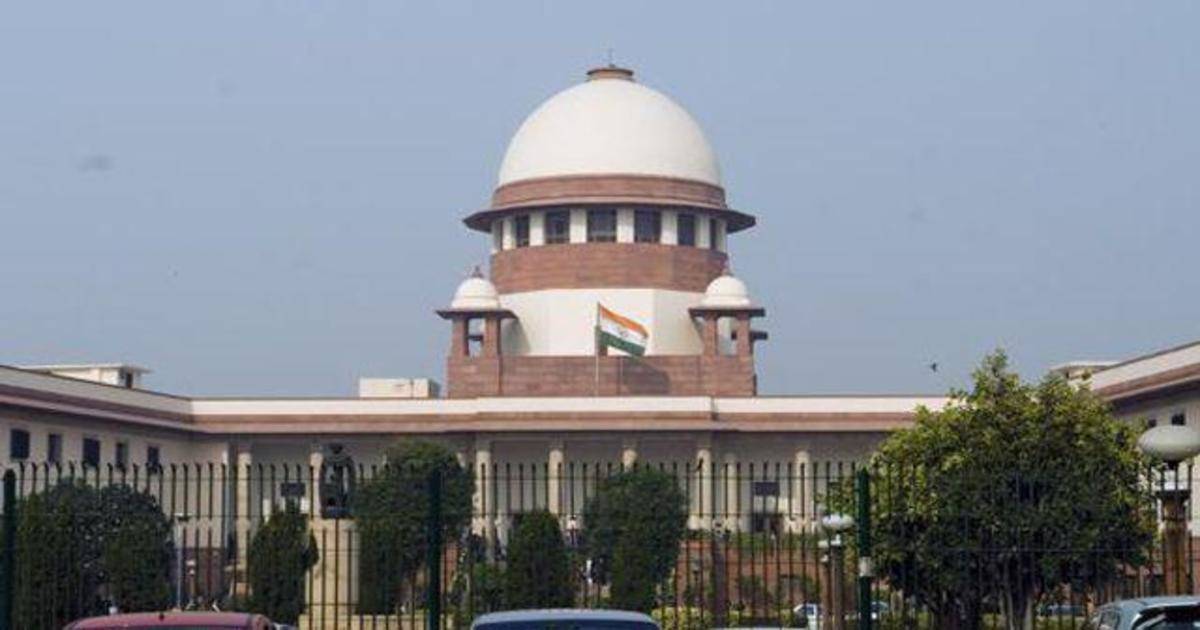Recently the Supreme Court (SC) of India suggested that the testing for the novel Coronavirus should be done free of cost, however, this could place an unfair amount of financial burden on medical firms and see a reducting in testing in a place where the testing is amongst the lowest in the World, said business leaders and health experts.
The concern is that the private medical companies, similar to a lot many businesses in India, are struggling financially, and could go under if they are forced to test for Coronavirus for free without any financial assistance from the government or other authorities.
One of India’s biggest biotech firms, Biocon Limited’s Executive Chairperson, Kiran Mazumdar Shaw said that expecting the private institutions to operate on “credit” is not justified.
Shaw, talking about the judgement from the SC wrote on Twitter, “Humanitarian in intent but impractical to implement – I fear testing will plummet” on Thursday. She said that the only reason why the private sector was brought in for the testing was to “ramp up COVID-19 testings”.
The top court, responding to a PIL (Public Interest Litigation), on Wednesday said that the private medical institutions should play a philanthropic role at the times of a national crisis and the court will not allow a situation where the poor in India cannot afford to get tested for the Virus which is quickly spreading throughout the country.
As of now, a test for COVID-19 is capped at Rs. 4,500.
The apex court said that the issue of reimbursement to those labs for running hundreds of thousands of tests for the COVID-19 will be considered later on saying that the World’s second most populated country needs to work on testing people urgently.
In India, almost 6,000 cases of Coronavirus have been reported out of which 178 people have lost their lives owing to this deadly virus as per the Ministry of Health and Family Welfare. On Wednesday over 460 cases of COVID-19 were reported.
The numbers are small when compared to many countries around the globe, including the United States of America, Italy, and Spain and the reason, as per the doctors, is that India is only testing a narrow range of the population.
This includes people who have travelled overseas or the people who have come in contact with them and are showing symptoms. India is also testing health workers with symptoms, other hospitalised patients with a respiratory problem and those who have come in contact with a patient who tested positive for COVID-19.
On Wednesday, a total of 13,143 samples were tested across India as told by the Indian Council of Medical Research which is run by the government. When compared to a smaller country like South Korea, the number seems considerably small as they are testing 20,000 people every day.
In order to increase the testings, the government of India approved 56 additional laboratories for testing which will run parallel to the already 136 government-run labs.
The government plans to scale up the tests to 20,000 in the next few days and then to 1 lakh a day, preparing itself for the worst case scenario.
However, the SC’s order can derail the plan to expand the testing capacity, said Shamika Ravi, Former member of the Indian Prime Minister’s Economic Advisory Council and a health specialist.
Also Read: What Are The Impact of COVID-19 On Education In India?
“We are going to have fewer and fewer testing, and that is a very big problem right now because that is our single focus, to increase the testing capacity across the country”.
The health sector is no different than any other sector and is a part of the Indian economy which is struggling and cannot offer free rides, she said.
She added, “There is a liquidity crunch in every business today, including diagnostics. People just don’t have the liquidity to be able to undertake large, new exercises without any assurance,”.
The worrying problem is also that the financial capital of the country, Mumbai, has reported 857 cases so far which makes it the epicentre in India. A health inspector from the city said, “We are seeing more medical staff either getting infected or just not showing up at work,”.


